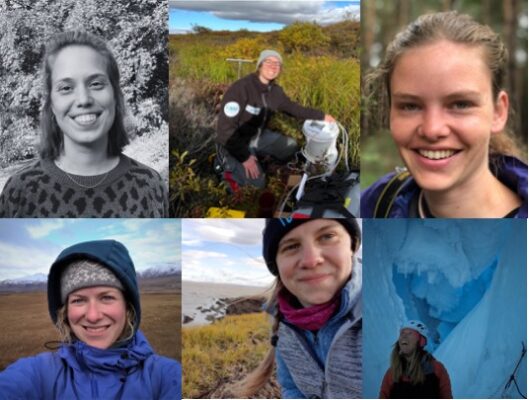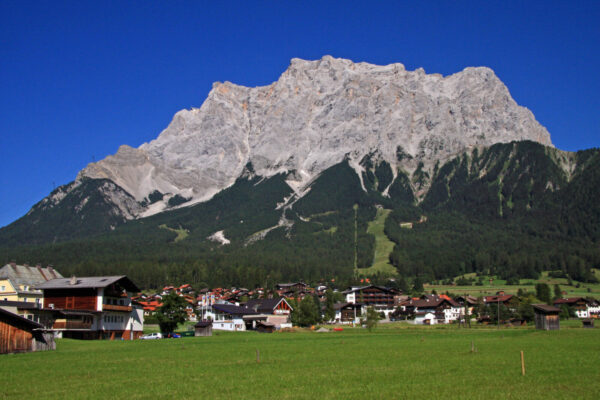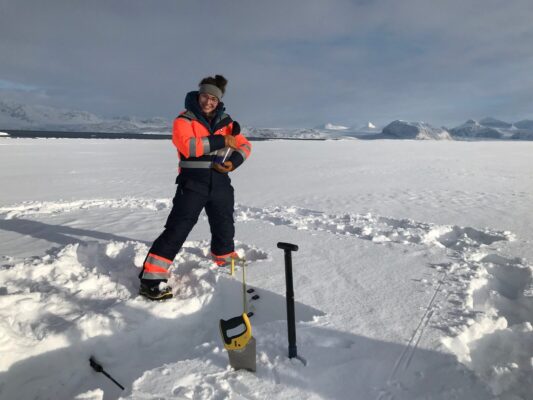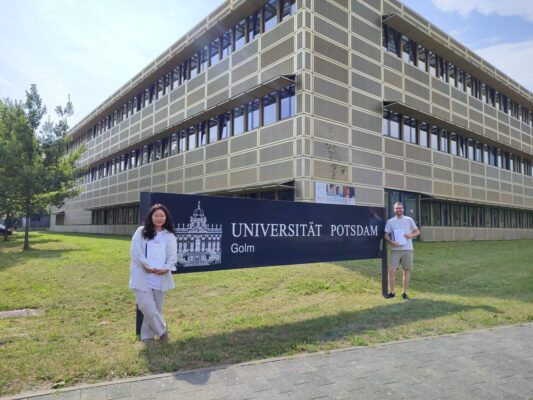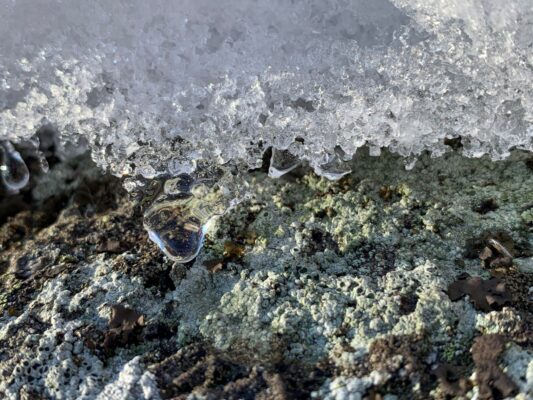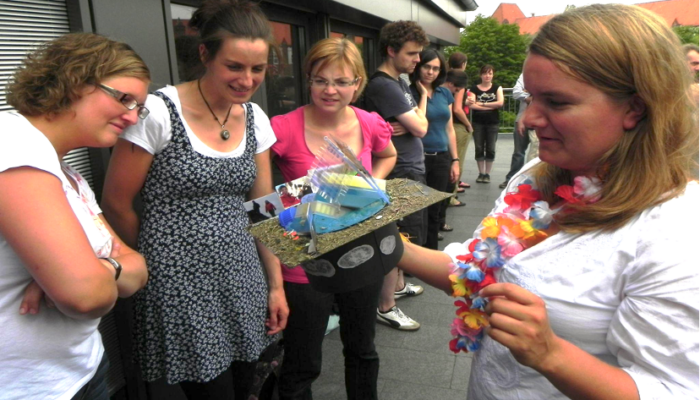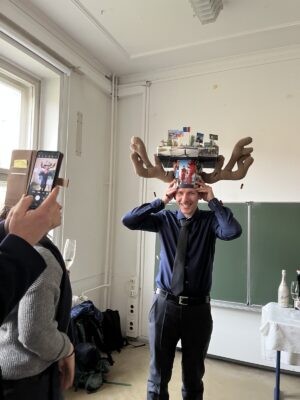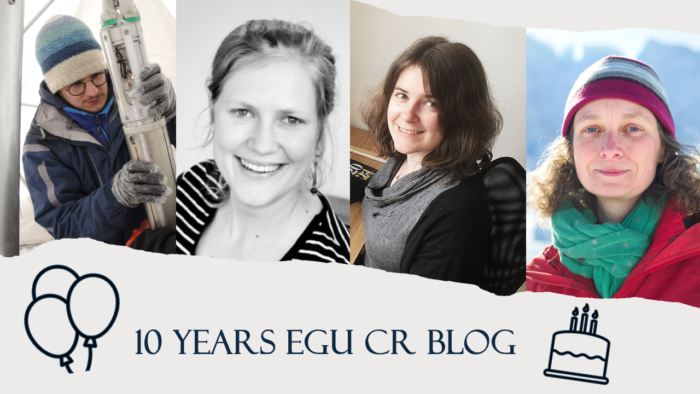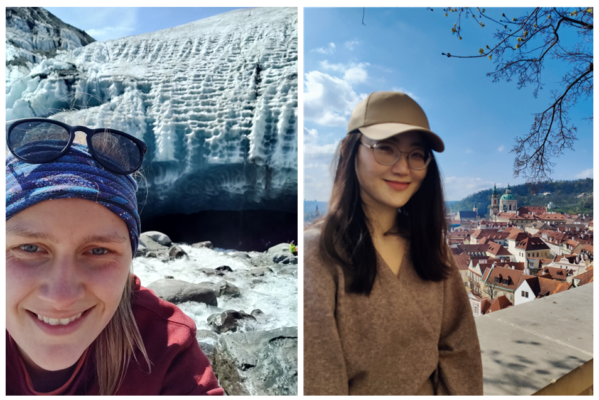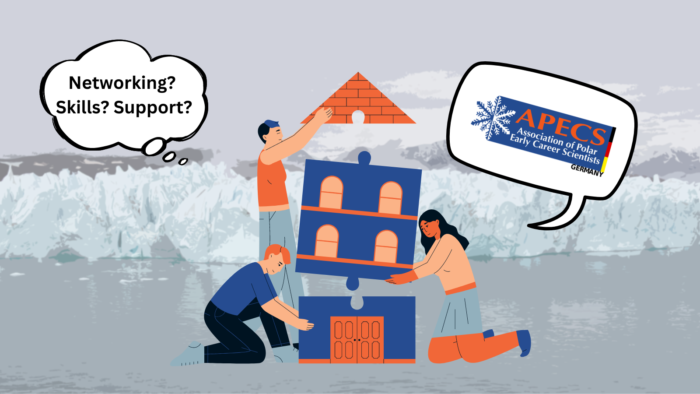New year, new team! We have some changes in our editorial team and would like to introduce our new chief editors to you today – please say hi to Mack and Leah! Mack and Leah will be taking over the role as chief editors from Maria Scheel, Lina Madaj, Emma Pearce and Loeka Jongejans. You might have read their names before as authors or editors on some of our very recent posts. From January on ...[Read More]
Introducing the new chief editors of the cryo blog
